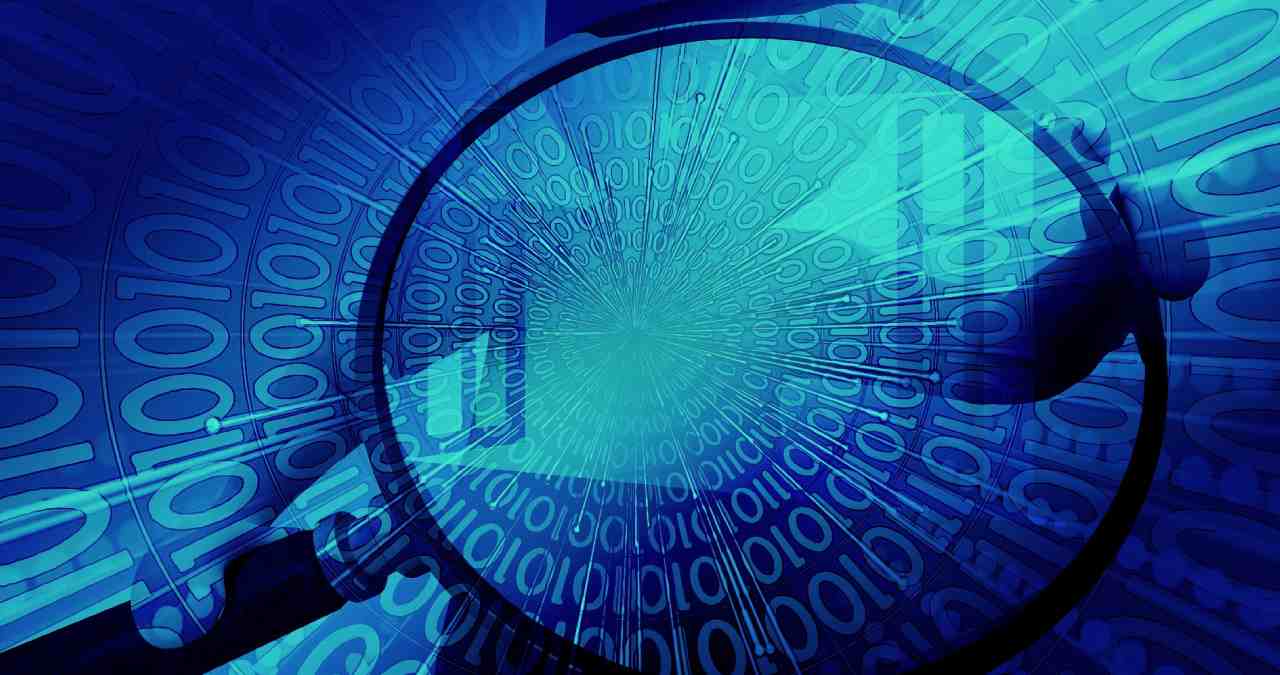Protecting critical business data in telecommuting and virtual office environments is essential to maintaining business integrity. The European, Next Generation EU funds offer IT grants to SMEs to secure these areas. This post presents the advantages of Microsoft Endpoint Manager to connect and automate device management. This Microsoft solution for endpoint management is the proposal we offer from an approved digital agent of nextgen funds to SMEs to cover their needs in this area and deploy secure communications.
The covid-19 pandemic has accelerated a process already emerging in many companies: remote work. Online access to business applications and other sources of information on the Internet through smartphones, tablets and laptops provides businesses with agility and speed that it is essential to take advantage of. But the many cyberthreats that lurk in network and cloud environments, especially in remote work situations, make safe use of the essential.
Table of Contents
What Is An MDM Solution
MDM (Mobile Device Management) solutions such as Microsoft Endpoint Manager allow organizations to deploy unified management of all corporate and private mobile devices from which business systems are accessed. Its value lies in its ability to constantly automate and monitor how the terminals are used, what type of applications can be downloaded, what external connections can be made (Internet) and which users have permission to access the different apps.
The functions of an MDM system are:
- Terminal management. Through these systems, it is possible to carry out the command (who accesses what and how), provision and maintenance of the inventory of all the devices, regardless of the manufacturer, including the different operating systems.
- Management and deployment of applications. Installation, updating and blocking applications used in the company’s mobile environment. This function is performed by MAM ( Mobile Applications Management ) solutions, which are usually integrated with advanced MDM.
- Security management. Security standards are transferred and monitored in the mobile environment: authentication and encryption. Ability to apply passwords, wipe/wipe devices against threats, lock them remotely (essential if lost), and detect jailbreaking actions (removal by an external agent of the imposed limitations).
Microsoft Endpoint Manager Features Protect Devices And Apps
Microsoft Endpoint Manager provides a single, centralized management platform to secure endpoints, manage endpoint devices, and enforce intelligent cloud actions. Microsoft Endpoint Manager brings together two well-known Microsoft systems, its Intune unified endpoint management UEM platform and its System Center Configuration Manager (ConfigMgr), being able to access both through a single interface.
It is an advanced MDM solution because it also includes functionalities for mobile application management (MAM). From a single point and through tools in the cloud and on-premises, it is possible to have 360º control of all the company’s devices, whether they are desktops or mobile terminals (including private in BYOD strategies) and their applications. Among other capabilities, by accessing the same interface, you can predetermine configurations, apply access policies, create VPNs, etc.
The deployment of Microsoft Endpoint Manager as a solution for managing Digital Kit devices means access to Microsoft’s cutting-edge security technology with encryption and data erasure capabilities. Specifically, this MDM and MAM system incorporates Microsoft Defender to protect connections and Azure AD to manage and protect identities.
Benefits Of Simplified Endpoint Management And Protection With Microsoft Endpoint Manager
Ensuring the proper use of the terminals that employees use to access corporate applications is essential when establishing a comprehensive security plan for the company.Manage all endpoints: local and remote, business and personal, desktop and mobile.
- Establishing correct processes to deploy, manage, and update endpoints
- Zero-touch provisioning with Windows Autopilot, Apple device enrollment, and Android enrollment.
- Secure access through continuous evaluation and intent-based policies. Fast and automated remediation of vulnerabilities.
- Onboarding, managing, and reporting encryption, antivirus, firewall, and other security technologies
Reduction of costs of the technical department thanks to the centralization and automation of tasks, as well as the prevention of security incidents
Also Read: Salesforce A New Way To Connect That Changes Everything
